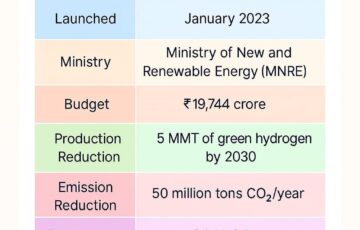Same-Sex Marriage
Context: The Supreme Court transferred all the petitions pending in various High Courts seeking legal recognition of same-sex marriage to itself.
More on the news
- A three-judge Bench led by Chief Justice of India D.Y. Chandrachud said there was a broad consensus built among the petitioners to shift the cases to the Supreme Court for an authoritative ruling on the issue.
- The most important question before the court is whether same-sex marriage should be brought within the ambit of the Special Marriage Act of 1954.
- The petitioners said the 1954 Act should be made gender-neutral.
Issues with the Special Marriage Act
- Section 4 of the Special Marriage Act lays down the conditions relating to the solemnisation of special marriages.
- It refers to the solemnization of marriages between any two persons, it lays down one of the conditions that the male has completed by the age of 21 years and the female at the age of 18 years.
- Apart from this issue, throughout the legislation, there are references to “husband” and “wife” in the provisions relating to the registration of marriages, restitution of conjugal rights, judicial separation, divorce and alimony.
- If same-sex marriages are to be recognised under the SMA, then the Supreme Court include the word “spouse” to make it gender-neutral.
Why same-sex recognition is important?
- Same-sex couples face many discriminations in a societal context, the parents of many do not recognise their relationship, and they force them to join conversion therapies which impact their physical and mental health.
- They suffer discrimination in public spaces and are called derogatory names. The recognition will reduce such an atmosphere.
- Before the Navtej Johar case, Homosexuality was a crime in India. This shows how anti-homosexual our laws are and need significant amendments to incorporate their demands.
- Homosexual couples face difficulties in the adoption of children.
International Scenario
- Human Rights Campaign, a US-based LGBTQ advocacy group suggest that only 32 nations around the world recognise gay marriage.
- In the majority of countries that allow same-sex marriage, marriage equality was introduced by Parliament. Homosexual marriages were recognised by a court ruling in only 10 nations.
Way Forward
Inclusivity is the most important condition for the survival of society. Society cannot accept their opinion on the weak or less empowered. It is expected that the judgement will bring positive outcomes in the lives of the LGBTQ community.




